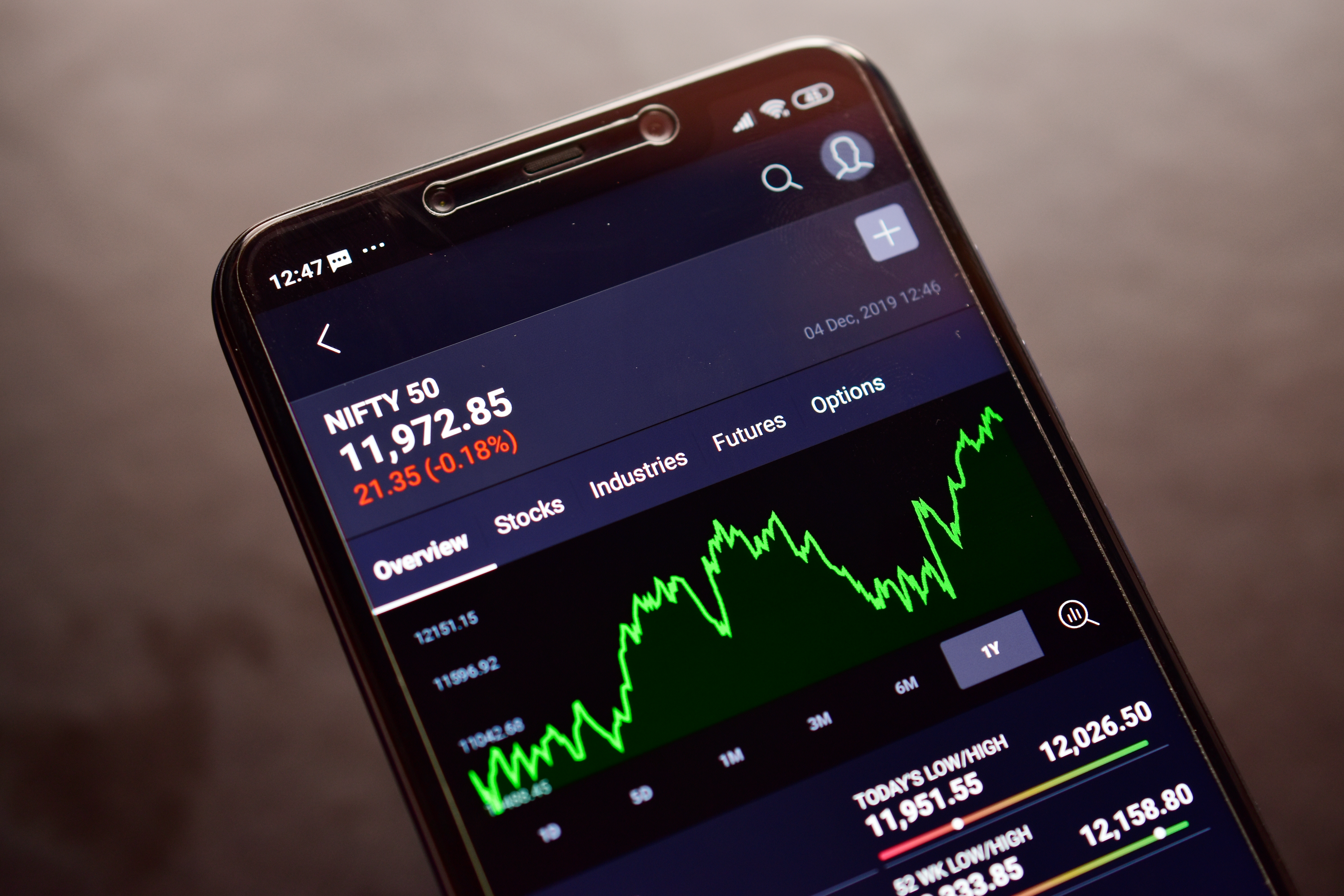

Get salary accounts for your team See benefits



Table of Contents
ToggleWhen you invest in a mutual fund, there is a high chance that it might be underperforming, or you may come across a better scheme. In such cases, you can move your money between schemes. This is called switching. But switching between schemes is not easy. You will have to follow some steps and rules, and your decision to switch will have consequences. Read to learn more about switching in mutual funds, its benefits, and factors to consider before switching.
When you move your investment (in full or partially) from one scheme to another within the same fund house, then you are switching. It is also possible to move your money between two funds of different fund houses, which is called switch-in and switch-out. In this case, you will need to redeem your investment from one fund and invest in another, which might involve exit load and tax on capital gains.
You can also switch from regular to direct plans in the same fund. A regular plan has distributor commission, whereas a direct plan doesn’t have this reducing your overall expense of investing in the fund. However, you will have to manage your investment in the direct plan.
The primary advantage of switching is that you can exit from an underperforming fund and move to a better one to increase your portfolio returns. Moreover, you can reduce your investment cost by switching from a regular to a direct plan. Switching is also beneficial for planning your goals. You can preserve your wealth by switching from equity to debt when you are approaching your goals.
Multiple possibilities might lead to switching between mutual funds. The following are some of them:
Whatever the reason, you must follow the same process for switching your mutual fund investments.
Switching in mutual funds can be a helpful way for investors to improve their investment strategy. It allows you to move your money between different funds or within the same fund family, which can help you adjust your investments to better meet your financial goals. Here are a few benefits of switching:
If a fund is not performing well, you can shift your money to one that has a stronger track record. By keeping an eye on growth metrics like CAGR (Compound Annual Growth Rate) or XIRR (Extended Internal Rate of Return), you can identify funds that might offer better returns over time. This helps you make decisions that can lead to higher returns by the time your investment matures.
Many mutual fund companies and investment platforms offer online tools to make switching easy. You can move your investments with just a few clicks, saving time and effort. This seamless process allows you to adjust your portfolio quickly without having to go through a lot of paperwork or extra steps.
Switching mutual funds can be done in two ways, depending on whether you are staying within the same fund house or moving to a different one. Here’s how you can do it:
If you want to move your investments between different schemes offered by the same fund house, you have a few options:
For investments below ₹2 lakh, the switch is usually processed on the same day if you initiate it before 3 pm. However, if the amount is above ₹2 lakh, it might take a couple of days to transfer the units to the new scheme.
If you’re moving your money from one fund house to another, the process is slightly different. You will first need to redeem your units from the current fund. Once the redemption is complete and you receive the money, you can invest it in the new mutual fund scheme.
This process takes a bit longer since you need to wait for the funds to reflect in your account before purchasing the units in the new fund.
Switching your mutual fund investment has some consequences. The following are factors you must consider before switching.
Mutual funds have an exit load, which is a penalty for withdrawing your funds before a specific duration, which is one year for most mutual funds. If you switch your investments within one year, you will have to pay an exit load of around 1% to the fund house.
Equity Linked Saving Schemes (ELSS) come with a lock-in period of three years. This means you cannot withdraw your investments before three years. So, you cannot switch your investments before the completion of three years. However, you can stop investing in the fund.
Switching involves selling your investment in one fund (or plan) and buying units of another fund (or plan). If you have made a profit on your investment, it will be taxable at the applicable rate.
Switching from a regular to a direct plan requires you to manage your portfolio. You will have to track and monitor your portfolio on your own. Switching to a direct plan also requires you to have market knowledge that will help manage your portfolio.
| Type of Fund | Holding Period | Tax Treatment of Gains |
| Debt Mutual Funds | Short-term: Less than 3 years | Capital gains are added to your total income and taxed as per your income tax slab. |
| Long-term: 3 years or more | Gains are taxed at 20%, with the benefit of indexation to adjust for inflation. | |
| Equity Mutual Funds | Short-term: Less than 1 year | Gains are taxed at a flat rate of 15%. |
| Long-term: More than 1 year | Gains exceeding ₹1 lakh in a financial year are taxed at 10% without indexation. |
When you move your investments between mutual funds of different fund houses, it is called switch-out and switch-in. You will have to redeem your investment from one fund and invest the proceeds in another fund.
Investors switch between mutual funds for various reasons. If they find a better performing fund or want to move from regular to direct to earn high returns or preserve wealth by switching from equity to debt towards the end of the goals’ tenure.
No, there is no penalty for switching between funds. However, fund houses can levy an exit load if you switch before a specific time period. Moreover, the gains you have earned so far are subject to capital gains tax.
Yes, if you switch between funds before a certain time (one year for most of the funds), then you will be charged an exit load on your investment.
When you switch between funds, you will sell your units of one fund (or plan) and buy units of another fund (or plan). Your investment will be subject to exit load (if any), and you will also have to pay taxes on your capital gains (if any).
Yes, you can switch from one fund to another. The funds can be of both fund houses or two different fund houses. To switch within the fund house, you can use the switch option. And to switch between fund houses, you will have to sell your units of one fund and buy units of another fund.
When you switch from regular to direct, you will invest in the same fund but in a different plan. Your expenses will be low as the expense ratio of direct funds is less. Moreover, your returns in the long term will be high.
Switching often between mutual funds is not recommended. You must switch between funds only if your fund is underperforming consistently when compared to the market and its peers. You should switch to a high-performing fund only when you are not satisfied with your fund returns.
Switching from your existing investment to a new fund offer (NFO) should be a well-thought-out decision. You must assess the fund’s objective and check if it aligns with your goals. Then, you must see how it performs in different market conditions, and only then switch your investment to an NFO.
Priyanka Rao is a content strategist for Jupiter.Money, and specializes in writing on topics related to finance, banking, budgeting, salary & wages, and other financial matters. She has a passion for creating engaging content that resonates with audiences across various digital platforms. In her free time, Priyanka enjoys traveling and reading, which allows her to gain new perspectives and inspiration for her work. With a keen eye for detail and a creative mindset, Priyanka is committed to creating content that connects well with her readers, enhancing their digital experiences.
Vivek Agarwal is a dynamic leader with deep expertise in investment platforms and wealth management. At Jupiter Money, he spearheaded the Investments vertical, building in-house solutions for direct mutual funds, digital gold, and fixed deposits, scaling the platform to over 200,000 customers. He was an early adopter of SEBI’s Execution-Only Platform (Category 1) and managed key operational, compliance, and customer service functions.
Previously, Vivek co-founded Upwardly, a robo-advisory wealth management platform offering tailored investment and insurance solutions. As Chief Investment Officer, he pioneered dynamic asset allocation, goal-based investments, and motif-based portfolios. After Upwardly's merger with Scripbox, he led the integration of independent financial advisors into Scripbox, transitioning assets under management and customer relationships seamlessly.
His strategic leadership extended to setting up corporate treasury services for startups and MSMEs, and establishing verticals in insurance and bond sales, including Sovereign Gold Bonds. Vivek’s diverse experience and strategic vision continue to shape the financial services landscape in India.

Powerd by Issued by
